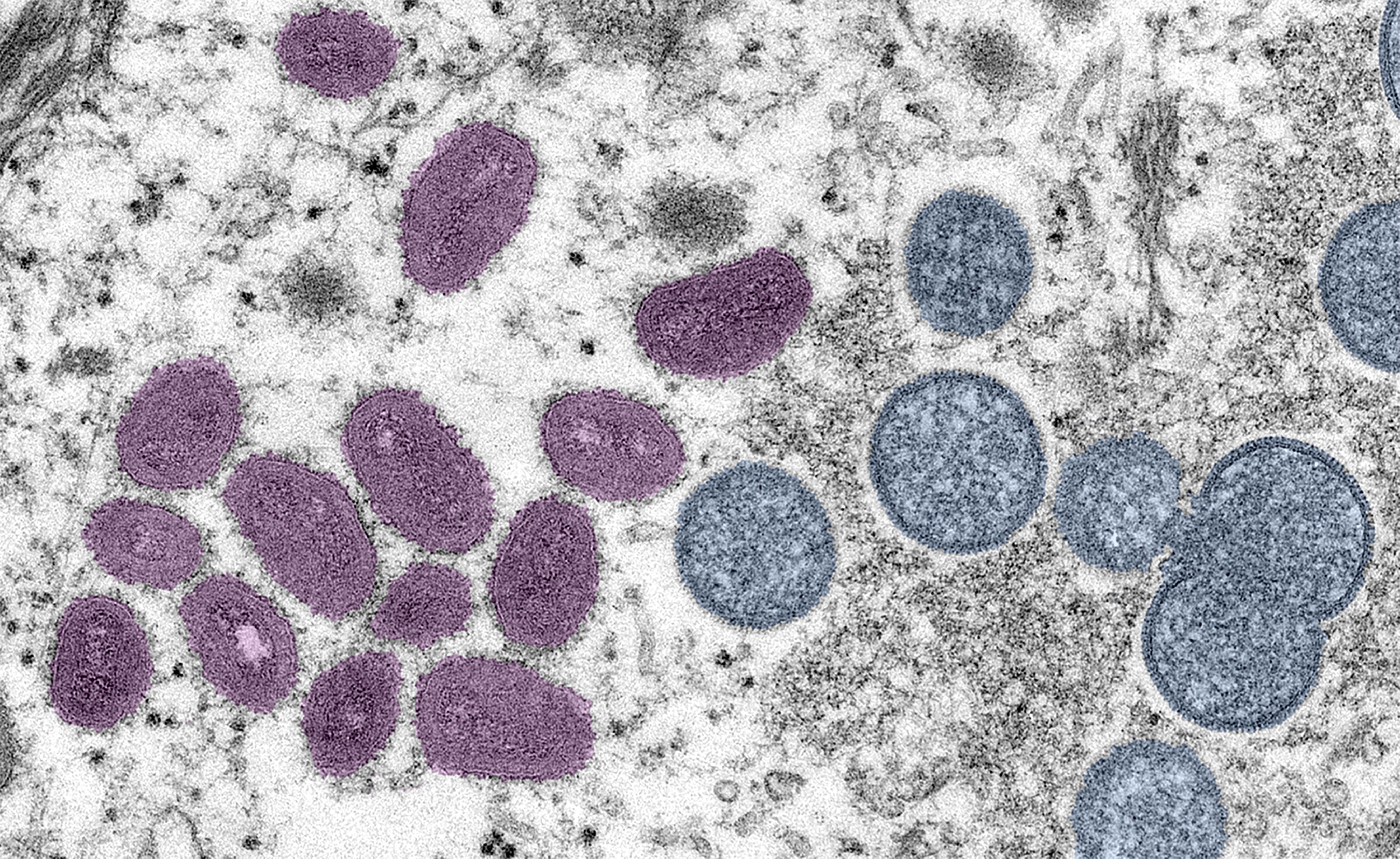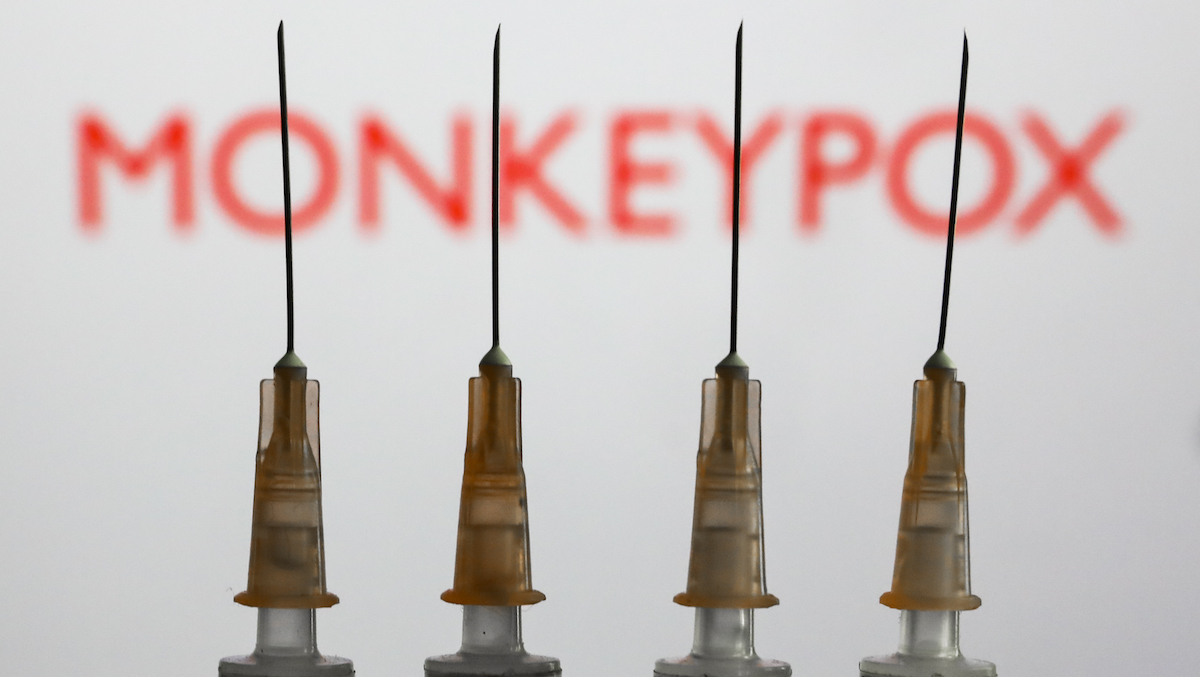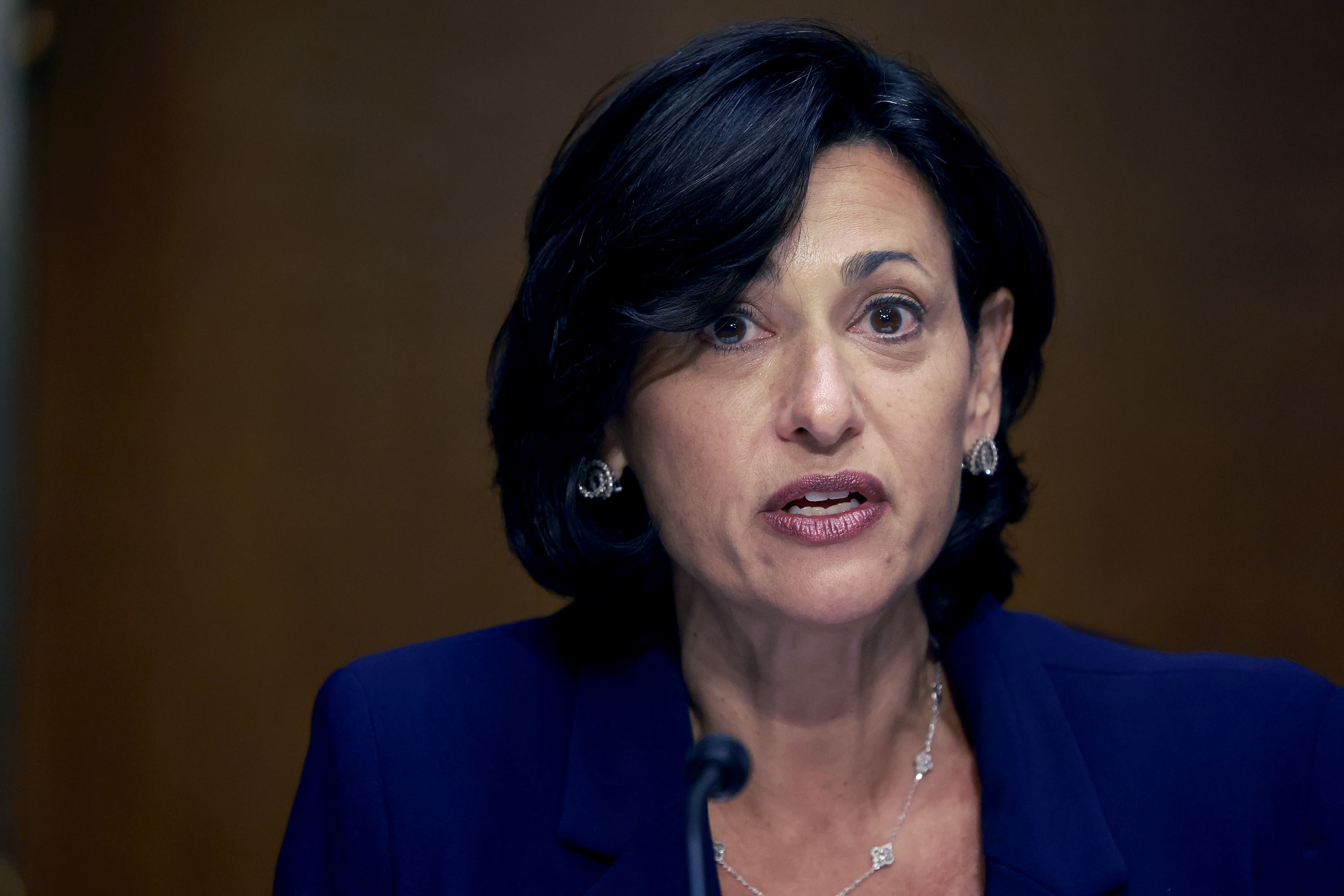In response to a drastic rise in monkeypox cases, the Biden Administration deemed the virus a public health emergency earlier this week, paving the way for additional funding and faster access to vaccine shipments.
Explaining the administration is prepared to take its response to the "next level," Department of Health and Human Services Secretary Xavier Becerra announced the declaration Thursday as he urged every American to take monkeypox seriously.
Infections have rocketed in the past few weeks, with cases growing by the thousands. More than 7,500 cases were reported as of Friday, compared to 1,400 three weeks earlier.
States across the country have also reported soaring case counts, with Illinois and multiple others declaring the virus a public health emergency. As of mid-June, only 10 cases had occurred, a much smaller number than the 602 infections reported as of Friday.
Feeling out of the loop? We'll catch you up on the Chicago news you need to know. Sign up for the weekly Chicago Catch-Up newsletter here.
Chicago, too, continues to see a rise in cases. A total of 359 cases have been reported as of earlier this week. However, unlike the country and state, an emergency declaration doesn't appear to be in the city's future.
The simple answer as to why, according to Chicago Department of Health Commissioner Dr. Allison Arwady, is that there's not a legal need. The city of Chicago is covered by the state of Illinois' emergency declaration, which allows for the expansion of both vaccine and testing capabilities.
The declaration, Arwady said, is something she supports, adding anything that helps with efficiency and equity is a "good thing."
"We don't have all of the geography, of course, that the state has to cover, and then we've got a diverse group of clinical and community partners that are really working hard to raise awareness and vaccinate Chicago... and we're supportive of that declaration, but we don't need a separate declaration here in Chicago," she said.
Under the declaration, emergency procurements, such as hiring drivers to ship vaccines, are permitted, and the process is typically quicker without a declaration.
While it doesn't appear one will be needed anytime soon, Chicago could implement an emergency declaration if it's necessary in the future.
"If at any point we were seeing an administrative barrier, that we needed to do that, we would do so, but even during COVID for the most part, we've been able to, you know, legally use some of those state declarations or national declarations," stated Arwady. "And when I can keep things simpler from a legal perspective, that is always a goal."




